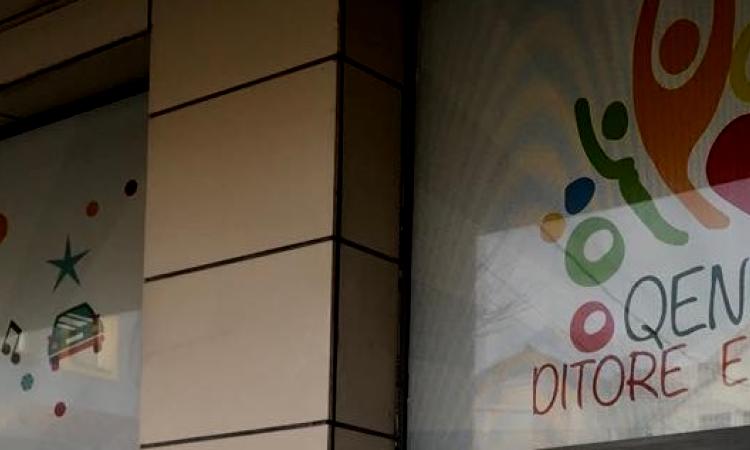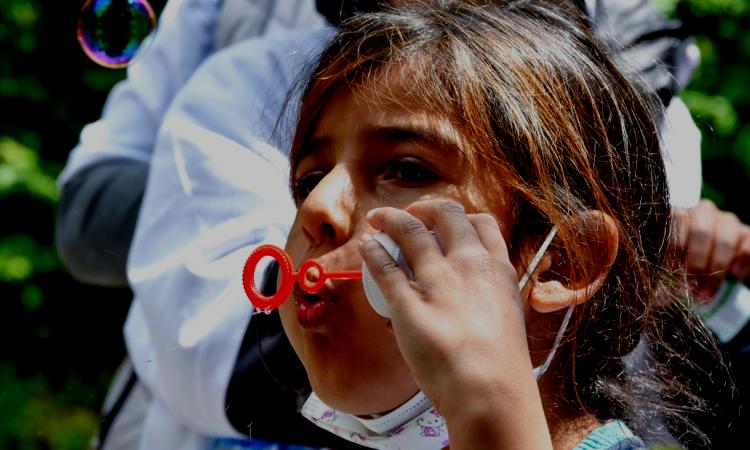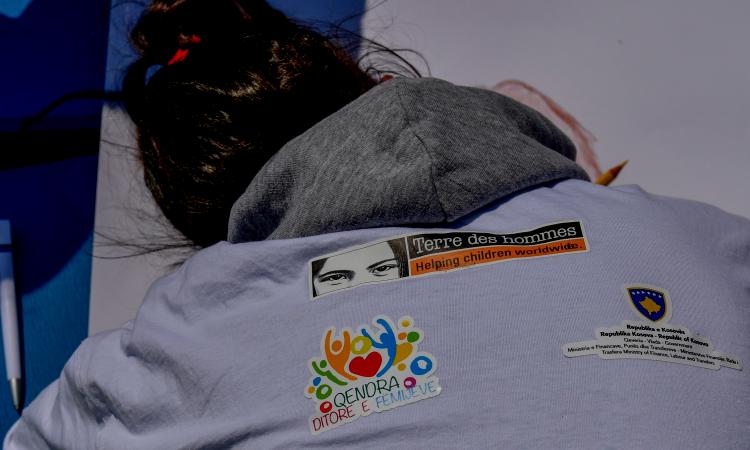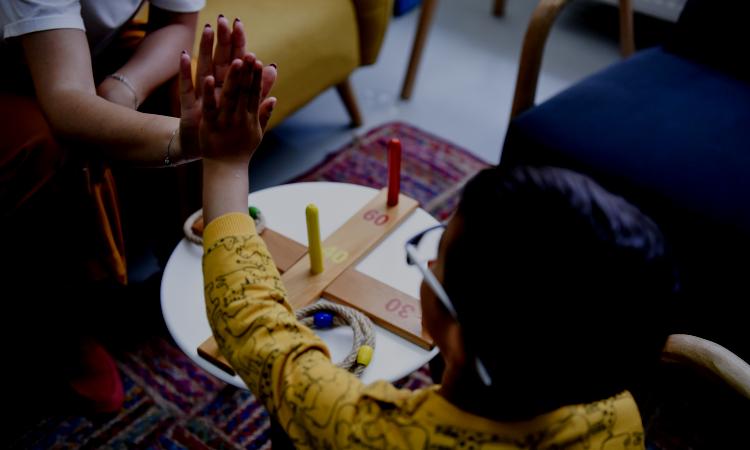Children and young people in vulnerable situations are more exposed to mental health concerns due to the difficult experiences they may have gone through, as evidenced by the situation analysis conducted in Romania, Greece, Albania, and Kosovo. However, public health systems are often insufficiently prepared—both in terms of capacity and resources—to meet these needs.
For this reason, the project “Unity in Care: Advanced Support for Mental Health Systems for Children and Young People in Need” proposes universal and targeted preventive measures for mental health, as well as psychosocial support. These will be provided not only by mental health professionals but also by local NGOs, with the aim of strengthening the resilience of children and young people in vulnerable situations.
The project is designed based on the IASC MHPSS Pyramid and aims to equip both mental health professionals and non-specialists with preventive methods. This approach will enable the delivery of more accessible, cost-effective, and contextually appropriate interventions tailored to the everyday realities of children and young people in vulnerable situations, while at the same time reducing the burden on specialized mental health institutions.
The project will adapt, contextualize, and implement interventions through the methodologies “Movement, Games, Sports, and Creativity (MGSC),” “Move On & Engage,” and “I-Support My Friends” to specifically support the most vulnerable populations in the targeted countries. This will serve as a foundation for collecting and disseminating best practices, knowledge, and training materials by establishing Technical Working Groups and measuring impact through the Most Significant Change (MSC) stories approach, using the Child Protection Hub European platform.
An International Child and Youth Advisory Board (CAB), along with four national boards, will be established as a tested mechanism to ensure meaningful and collective participation. The project aims to organize 12 training sessions and train at least 216 mental health and non-specialist professionals, reaching approximately 1,300 beneficiaries. In addition, the Technical Working Groups will be activated to support all those promoting the mental health and psychosocial well-being of children and young people in vulnerable situations.
CHALLENGES
Children and young people in vulnerable situations face higher levels of mental health concerns due to difficult experiences, while public health systems often lack the necessary capacities and resources to address these needs.
OUR APPROACH
The Unity in Care project provides preventive mental health support through both professionals and non-professionals, including local organizations. Children’s participation is placed at the core of the project, with the establishment of national and international Child Advisory Boards to ensure meaningful involvement and their empowerment.
KEY METHODOLOGIES
Movement, Games, Sports and Creativity (MGSC)
Move On & Engage (MOE)
I-Support My Friends (ISMF)
Child and Youth Advisory Board Toolbox (CAB Toolbox)
PROJECT OBJECTIVES
Training of over 200 professionals from the field of mental health and other sectors
Engagement of 1,300 vulnerable children and young people
Translation and adaptation of methodologies
Dissemination of best practices
TARGET COUNTRIES
Albania | Greece | Kosovo | Romania
IMPACT
More accessible mental health interventions
Low-cost preventive strategies
Integrated into children’s everyday environments
Reduced burden on specialized institutions
Strengthened resilience among vulnerable young people
CONSORTIUM
Coordinator: Terre des hommes Hungary
Terre des hommes Romania
Terre des hommes Greece
Terre des hommes Kosovo
NISMA ARSIS Albania
Project Duration:
Start: 1 January 2025
End: 31 December 2026




